Plant-based eating…sounds pretty self-explanatory, right? Still the term tends to confuse.
Let’s break it down.
What I want you to focus on first is real, whole food. No matter from which food categories (plant or animal) you eat, for true health you must eat real, whole food. This means few to no packaged, processed, or fast foods.
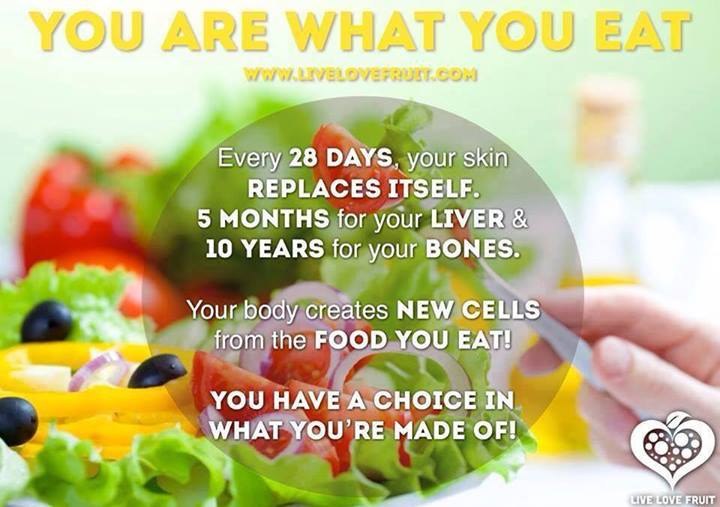
Junk food is made from animal and plant products alike. There are just as many expensive organic, vegan junk foods as there are cheap, convenient-store junk foods.
Vegan and/or plant-based does not necessarily equal healthful…organic too for that matter! Organic sugar and organic refined grains are still sugar and refined grains! Organic cookies and organic chips are still cookies and chips.
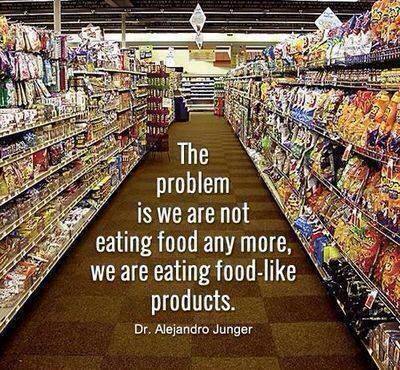
Okay, here we go:
1. Omnivore: an eater of food from both the animal and plant kingdoms, including animal flesh, dairy, and eggs. An omnivore eats pretty much everything and makes no point to avoid particular food groups. This is not to say that an omnivore eats all food groups all the time or wouldn’t enjoy a plant-only meal, it’s just that an omnivore views food from the animal and plant kingdoms as all viable choices. A heathy omnivore would still make a point to eat only real, whole plant and animal foods.
2. Vegetarian: an eater of food from both the animal and plant kingdoms, but omitting animal flesh, but including dairy and eggs. The premise is that vegetarians wish to avoid causing the death of animals, so flesh is not consumed.
There are subgroups of vegetarians who eat plants and just dairy (lacto-vegetarian), or plants and just eggs (ovo-vegetarian), or plants, dairy and eggs (ovo-lacto vegetarian…I think this is the original vegetarian), or plants and just fish/seafood (pescetarian), or plants, dairy, eggs and fish/seafood (ovo-lacto pescetarian).
3. Vegan: this category of eater has an actual definition, coined by Donald Watson in the 1940’s. It extends far beyond diet.
“The word “veganism” denotes a philosophy and way of living which seeks to exclude — as far as is possible and practical — all forms of exploitation of, and cruelty to, animals for food, clothing or any other purpose; and by extension, promotes the development and use of animal-free alternatives for the benefit of humans, animals and the environment. In dietary terms it denotes the practice of dispensing with all products derived wholly or partly from animals.”
Vegan subgroups are raw vegans, low-fat raw vegans, and fruitarians.
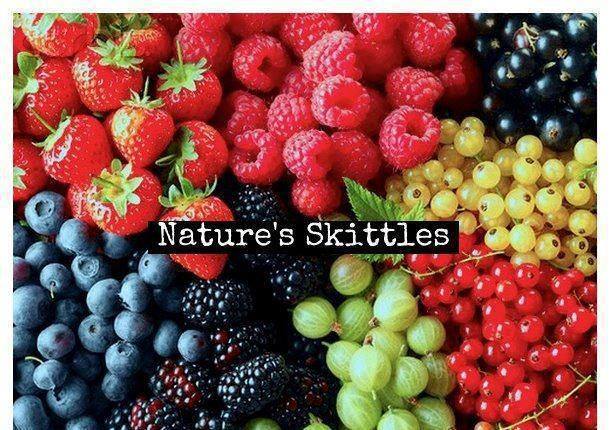
4. Plant-Based: this term has surfaced to take a bit of edge off the term vegan since it carries the stigma of being loaded with politics, perfectionism, and pressure. This category of eater tends to eat mostly, if not exclusively, from the plant kingdom. Plant-Centered is another term used to imply that the diet is mostly, if not all, plant focused.
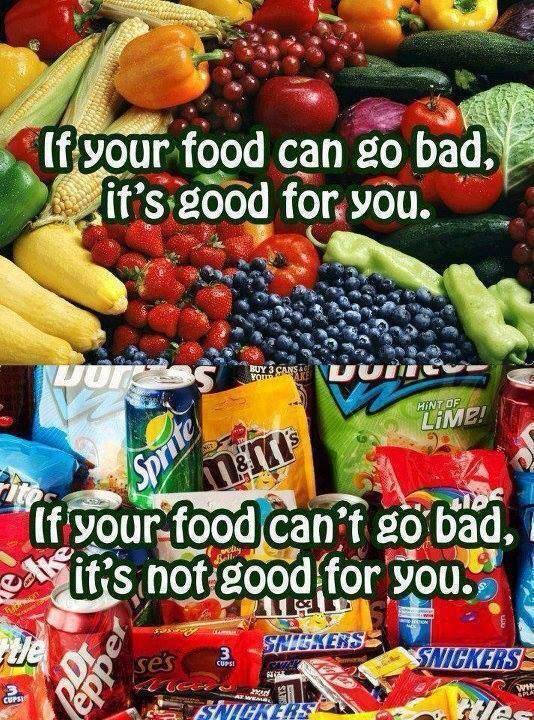
We humans like labels, but few of us fit any label exclusively especially when it comes to how we eat. Rather than attach yourself to any one label, focus on simply eating a diet of real food. In today’s food market place, that one standard alone will serve you well.
People choose their food based on personal taste preferences, animal welfare issues, environmental issues, and/or personal health goals. When adopting an eating style (omnivore, vegetarian, vegan) the goal is not necessarily to eat that way 100% all the time. It’s an inclination, a majority, an intention, or a goal. You can apply as much perfectionism into the label as you care to impose on yourself.
I personally have chosen a predominantly vegan aka plant-based, specifically high-fruit, diet for reasons of animal welfare, environmental resource conservation, personal health, and because I find it delicious. I’m not 100% high-fruit but rather aim for 80% as I will on occasion eat choice parmesan, feta, eggs, scallops, clams, anchovies, and larger fish. You can glance at my Food Diary here. (UPDATE: I adopted a 100% vegan diet on 1.1.2015.)
Before declaring yourself as any category of eater for whatever reason, you are best served to understand what comprises real, whole food. In my free 8 First Steps to a HAPPY™ Kitchen guide I show you which 8 common food additives are toxic, are present in processed, fast, and junk foods, and need to be avoided at all costs for good health. These 8 additives reduce any food’s realness or wholeness.
Once these toxins are out of your diet (and I use the term diet here to denote “the food you eat” not a weight loss diet) it is important to focus on real, whole food. In my free guide The 9th HAPPY™ Step I walk you through tips to help you navigate the often confusing food market, to avoid marketing hype, and to choose foods that support healthy living.
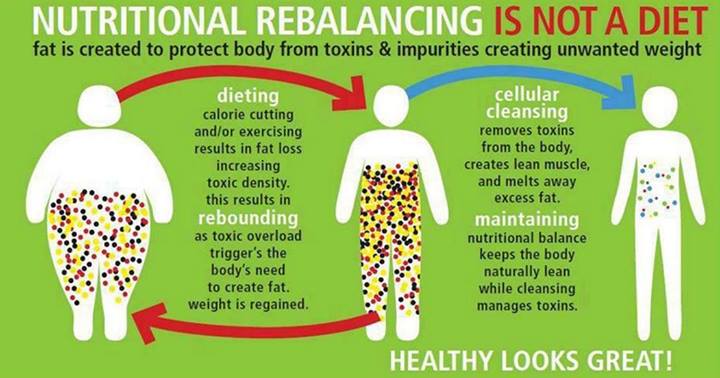
If you’re interested in adopting a vegetarian, vegan, or plant-based diet there is more to it than just omitting animal foods. Basic nutrition needs to be understood before embarking on these perfectly safe and healthful ways of eating. Real, whole food standards must be maintained! However, without some self-education you could end up like many other vegan-idealists who know little about nutrition and experience declining health and vitality by incorporating too many plant-based processed foodstuffs.
My free monthly Fruit Til Five™ program helps you dip into not only a whole, real plant-based lifestyle, but a high-fruit one. I explain in the program why I believe, live, and teach that fruit is the optimal cleansing and nourishing food for humans. If you can master eating mostly fruit for breakfast and lunch and then allow flexibility with dinner, you will, I believe, improve your diet and health significantly.
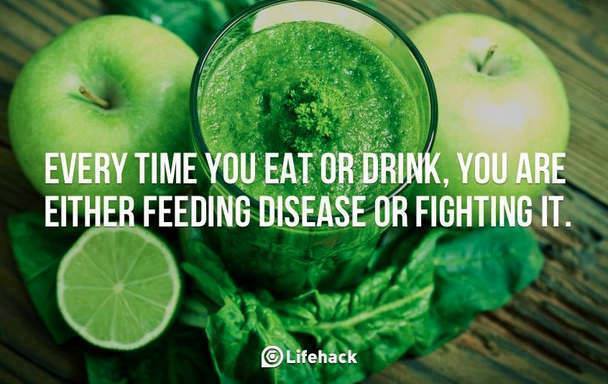
Changing the way you eat is a process and requires ample self-education. In a world where food industries want us to buy, buy, buy (foodstuffs are purposefully made addictive for this reason) it is easy to get distracted and persuaded by foodstuffs posing as real food. But once you read The 8 First Steps to a HAPPY™ Kitchen and The 9th HAPPY™ Step, you will be less inclined to fall for these ploys to separate you and your health from your dollars. Then you will be poised to launch into a safe & smart plant-based, plant-centered, vegan, or vegetarian lifestyle if you choose.
Additional Resources
• Vegan Does NOT Equal Healthful (Photos)
• Will Dr. Pill Become Dr. Plant?
• When Cheese is Not Vegetarian
• Tofu or Not Tofu: That is the Debate
• How to Systematically Become a Healthy Plant-Based Eater in 2 Months
• The Easiest Food Formula to Follow
• Fruit Over Forks Over Knives

{ 0 comments… add one now }